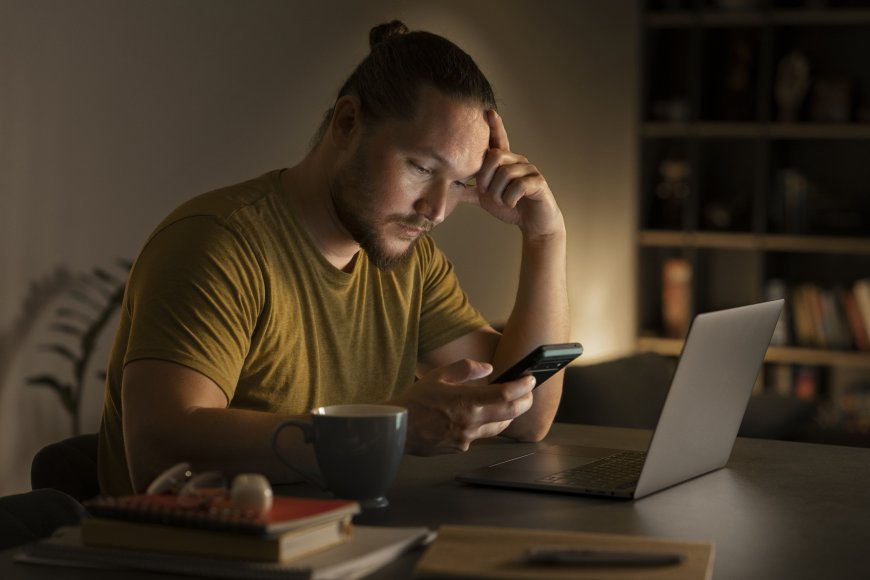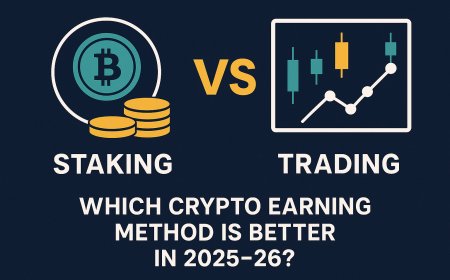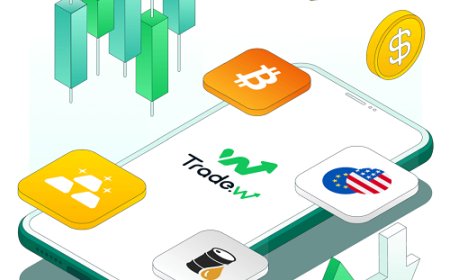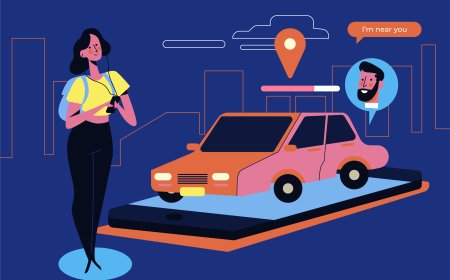Brain Training Apps: Boost Your Mind and Know Alone vs Lonely
A deep dive into how brain training apps enhance mental fitness and why understanding the difference between being alone and lonely matters for your emotional well-being.

In our fast-paced digital age, mental fitness is as important as physical health. Just as we hit the gym to keep our bodies strong, many people are turning to brain training apps to give their minds a daily workout. These apps promise to sharpen focus, boost memory, and improve problem-solving skills through engaging games and exercises. But while youre strengthening your mind, its also crucial to nurture your emotional well-being which often means understanding subtle but powerful ideas like the difference between being alone and feeling lonely.
The Power of Brain Training Apps
Brain training apps are designed to challenge your mind in a fun and interactive way. They usually offer puzzles, memory games, logic challenges, and other exercises that target different areas of cognitive function. Popular apps like Lumosity, Elevate, and Peak have millions of users who enjoy taking just a few minutes a day to play games that stimulate the brain.
Research suggests that consistent mental stimulation can help improve working memory, processing speed, and mental agility. For example, solving daily puzzles may help older adults keep their minds sharp and delay cognitive decline. For students and professionals, brain training apps can be an easy way to stay mentally alert and focused throughout the day.
But while a brain training app can strengthen your cognitive muscles, it can also indirectly support your emotional health. When you keep your mind busy with productive challenges, youre less likely to dwell on negative thoughts or feelings of isolation.
Alone vs Lonely: Why It Matters
This brings us to an important concept the difference between being alone and feeling lonely. The two are not the same, though people often confuse them.
Being alone simply means you are physically by yourself. Many people choose solitude as a way to rest, reflect, and recharge. It can be healthy and rejuvenating. Alone time can help you gain clarity, spark creativity, and build self-awareness. In fact, spending time alone is often when people reach for a brain training app, enjoying a quiet moment to exercise their mind.
On the other hand, feeling lonely is an emotional state. You can feel lonely even when surrounded by people. Loneliness stems from feeling disconnected, unseen, or misunderstood. Long-term loneliness can have serious effects on mental and physical health, including increased stress, depression, and a weakened immune system.
Understanding this difference is the first step toward building a healthier relationship with yourself and others. Sometimes, engaging your mind with meaningful activities like using a brain training app can help ease feelings of loneliness by giving you a sense of purpose and accomplishment.
Using Brain Training Apps as a Tool for Well-Being
So how can brain training apps help bridge the gap? First, they offer structured, positive activities you can do alone without feeling isolated. Whether youre waiting for a bus or winding down before bed, you can turn idle moments into opportunities for growth.
Second, many brain training apps have social features that let you compete with friends or compare your progress with others. This light interaction can foster a sense of connection and shared challenge, which can help ease loneliness.
Finally, mental stimulation often brings positive emotions. When you complete a tough puzzle or hit a new high score, your brain rewards you with a sense of achievement. This small win can boost your mood and build mental resilience.
Finding Balance
While brain training apps are valuable, they shouldnt replace real-life social interactions. Balancing alone time with genuine connections is vital. Go for a walk with a friend, call a family member, or join a local club. Use your alone time to grow and recharge, not hide away.
In the end, brain training apps are like any good habit a tool to help you become your best self. They keep your mind sharp and offer a healthy way to spend alone time. Meanwhile, knowing the difference between being alone and being lonely can help you take control of your emotional well-being.
So, the next time you find yourself alone, dont see it as a bad thing. Pick up your brain training app, challenge your mind, and appreciate the power of solitude. And when you need connection, reach out because a healthy mind thrives on both quiet focus and meaningful relationships.





































